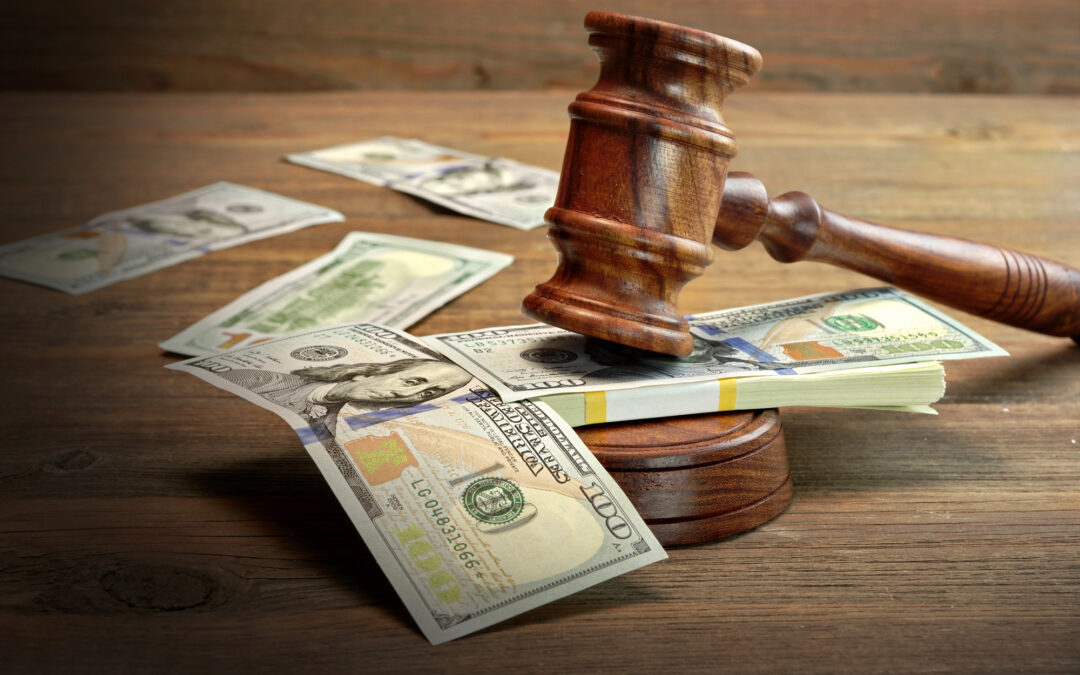When considering bankruptcy, one of the biggest concerns many people have is how it will affect their property. Assets can include your home, vehicle, savings, personal belongings, and even retirement accounts. Each type of bankruptcy has different rules, and exemptions play an important role in determining what you can keep. By looking closely at how bankruptcy impacts assets, we can better prepare for the process and set realistic expectations.
Exempt And Non-Exempt Property
A key part of bankruptcy is the distinction between exempt and non-exempt property. Exempt property is protected by law, which means you may keep it even after filing. Non-exempt property, on the other hand, may be sold by the trustee to pay creditors. Common exemptions often cover basic household goods, primary residences up to a certain value, and retirement accounts. Reviewing which category your assets fall under is an important early step.
How Homes Are Treated
Your home is often the most valuable asset you own, and whether you can keep it depends on the type of bankruptcy you file and the amount of equity in the property. If the equity is within exemption limits, you may keep the home. If not, the trustee may decide to sell it in certain cases. For those behind on mortgage payments, filing may give us time to catch up, depending on the chapter chosen.
How Vehicles Are Handled
For many people, a car is essential for work and daily life. Bankruptcy exemptions often allow you to keep a vehicle within a certain value limit. If you still owe money on the loan, keeping the car may depend on staying current with payments. It is important to weigh the balance between the value of the car, the amount owed, and the available exemptions.
Personal Property And Household Items
Household furniture, clothing, and personal items are often exempt up to certain values. Jewelry, collectibles, and luxury items may be considered non-exempt, depending on their worth. Each case is different, so we will need to review the items you own to see how they may be classified.
Business Ownership And Investments
If you own a business or hold investments, bankruptcy can affect them in different ways. Business assets may be sold or restructured depending on the type of filing. Investments such as stocks or bonds are often treated as non-exempt property. These situations require close review so we can determine what may be at risk.
Bankruptcy impacts each person’s assets differently, which is why careful preparation is essential. At Leinart Law Firm, we work with clients to review property, income, and debt to build a strategy that fits their needs. If you have concerns about how filing may affect your assets, reach out to a Fort Worth, TX bankruptcy lawyer from our team today so we can help you understand your options and guide you through the process.


